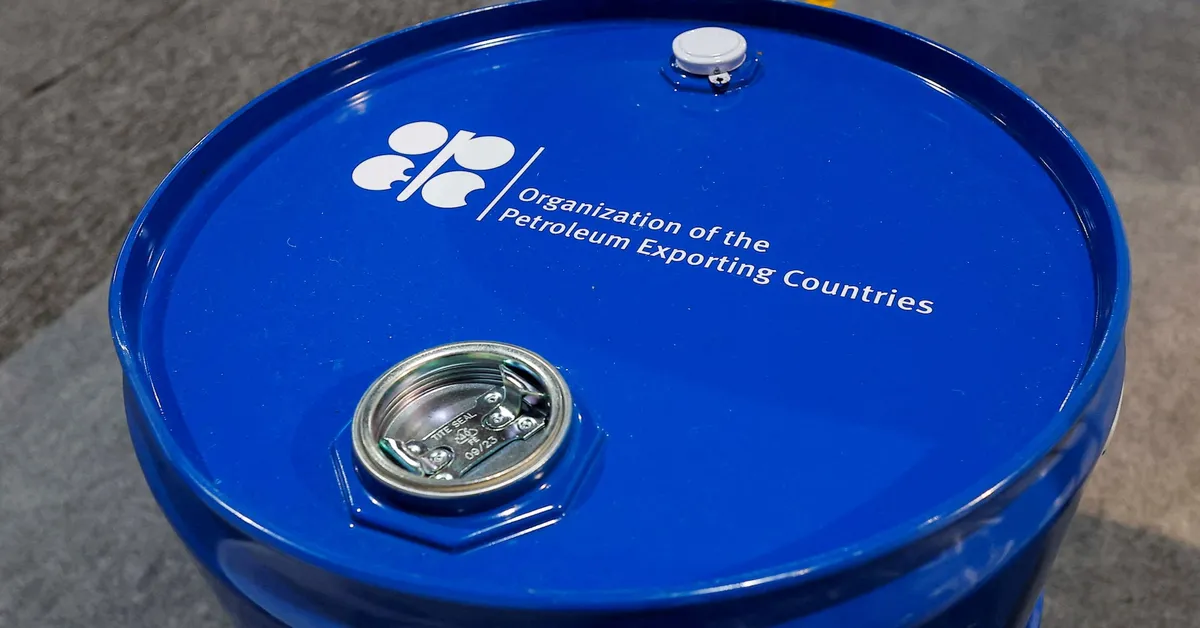
LONDON/MOSCOW, May 4 (Reuters) - OPEC+ is gearing up to implement substantial increases in oil output, potentially unwinding its 2.2 million barrels per day of voluntary cuts by the end of October if member nations fail to enhance their adherence to production quotas, according to four sources within the coalition. The recent decision by OPEC+ has sent shockwaves through the oil market, as the group opted for a more rapid reduction of cuts in April, despite prevailing weak demand and prices.
This strategic move, orchestrated by OPEC+ leader Saudi Arabia, aims to address the non-compliance of certain members and serve as a punitive measure for their lack of adherence to agreed quotas. The group, which consists of the Organization of the Petroleum Exporting Countries and allied nations, including Russia, has already announced a significant output increase for June, bringing the total planned release for April, May, and June to nearly 1 million barrels per day.
The current trajectory indicates that OPEC+ is likely to approve an additional increase of 411,000 barrels per day for July, as reported by the four OPEC+ sources who requested anonymity. This pattern of increased output is expected to continue into August, September, and October, with the potential unwinding of the remaining voluntary cuts contingent upon improved compliance from nations like Iraq and Kazakhstan. If adherence does not improve, the voluntary cuts could be completely lifted by November, according to one of the sources.
At present, OPEC+ is still cutting production by nearly 5 million barrels per day, with many of these reductions slated to remain in effect until the end of 2026. In a prior agreement made in December, the group consented to a gradual phase-out of the 2.2 million barrels per day voluntary cuts by September 2026, but they have since decided to expedite this process as of April.
The recent announcements have led to a decline in oil prices, which fell to a four-year low in April, dipping below $60 per barrel. This drop was influenced by both the accelerated OPEC+ output increases and concerns surrounding a potential global economic slowdown exacerbated by tariffs imposed by U.S. President Donald Trump. Analysts, including Giovanni Staunovo from UBS, suggest that the market will likely respond negatively to these developments, especially if crude exports fail to indicate improved compliance within OPEC+.
Moreover, reports have emerged indicating that Saudi officials have communicated to allies and industry stakeholders their reluctance to further support oil markets through additional supply cuts. This sentiment is further complicated by Kazakhstan's recent defiance of OPEC+ directives, as the country's energy minister stated a preference for prioritizing national interests over OPEC+ obligations in determining oil production levels. Despite a 3% decrease, Kazakhstan's oil output in April exceeded its OPEC+ quota.
The unfolding situation within OPEC+ is poised to significantly influence global oil production dynamics, with compliance among its members being a critical factor in the group's future decisions.